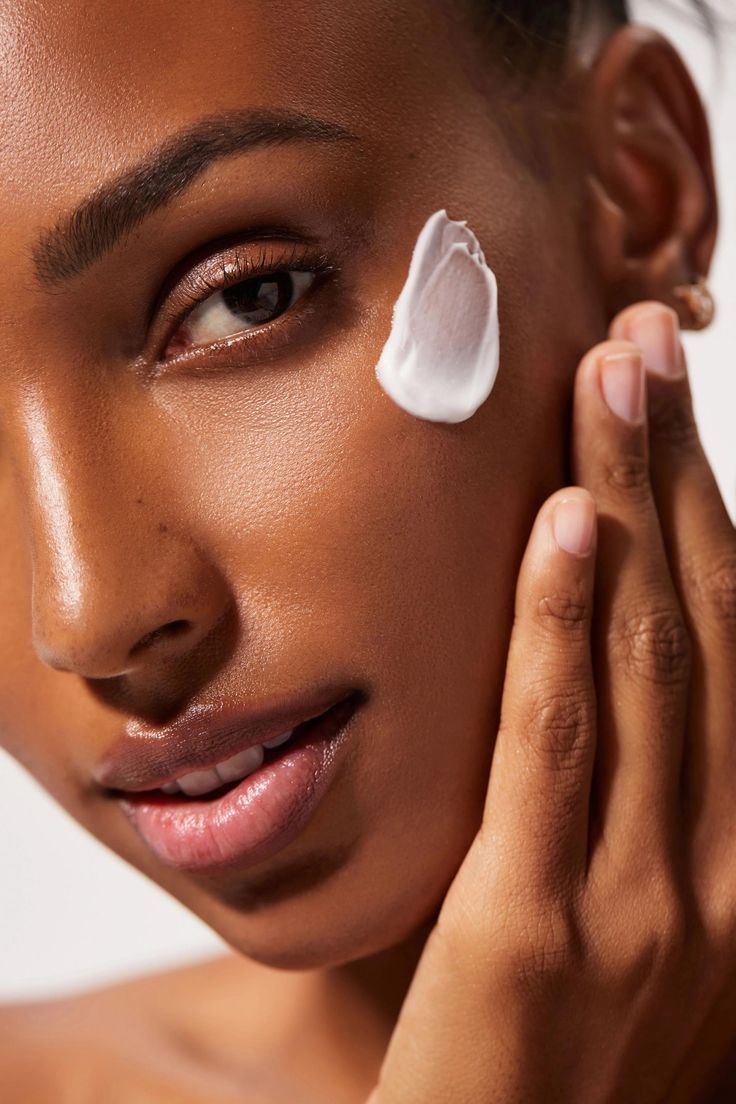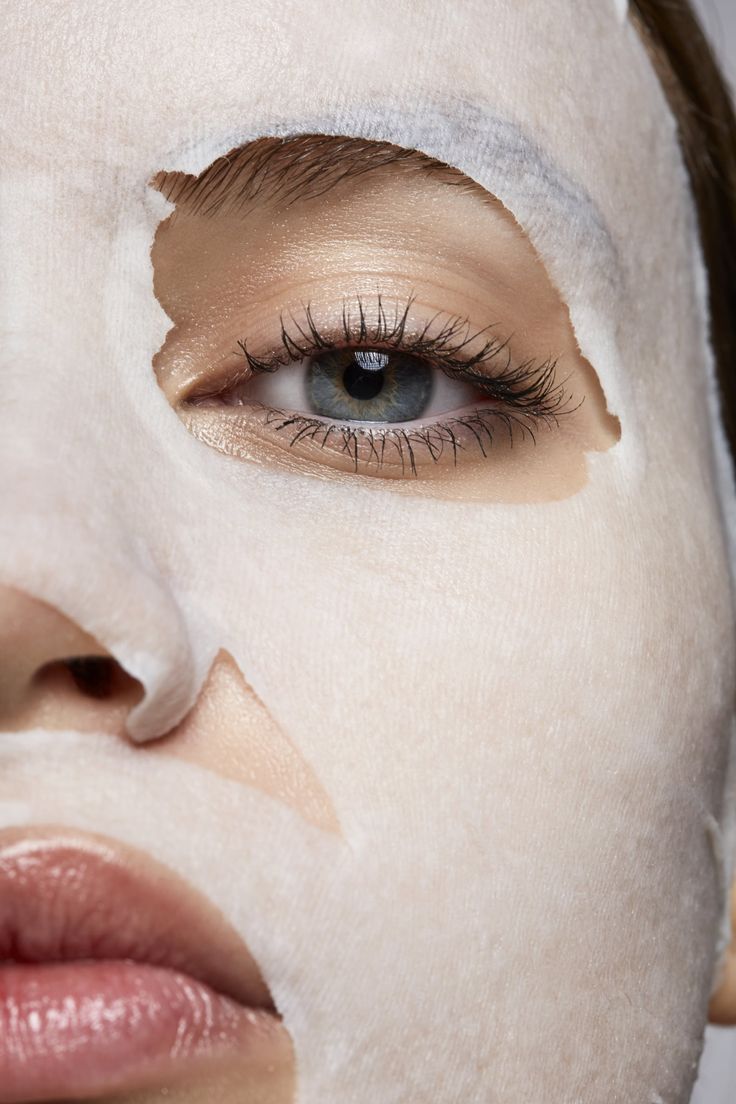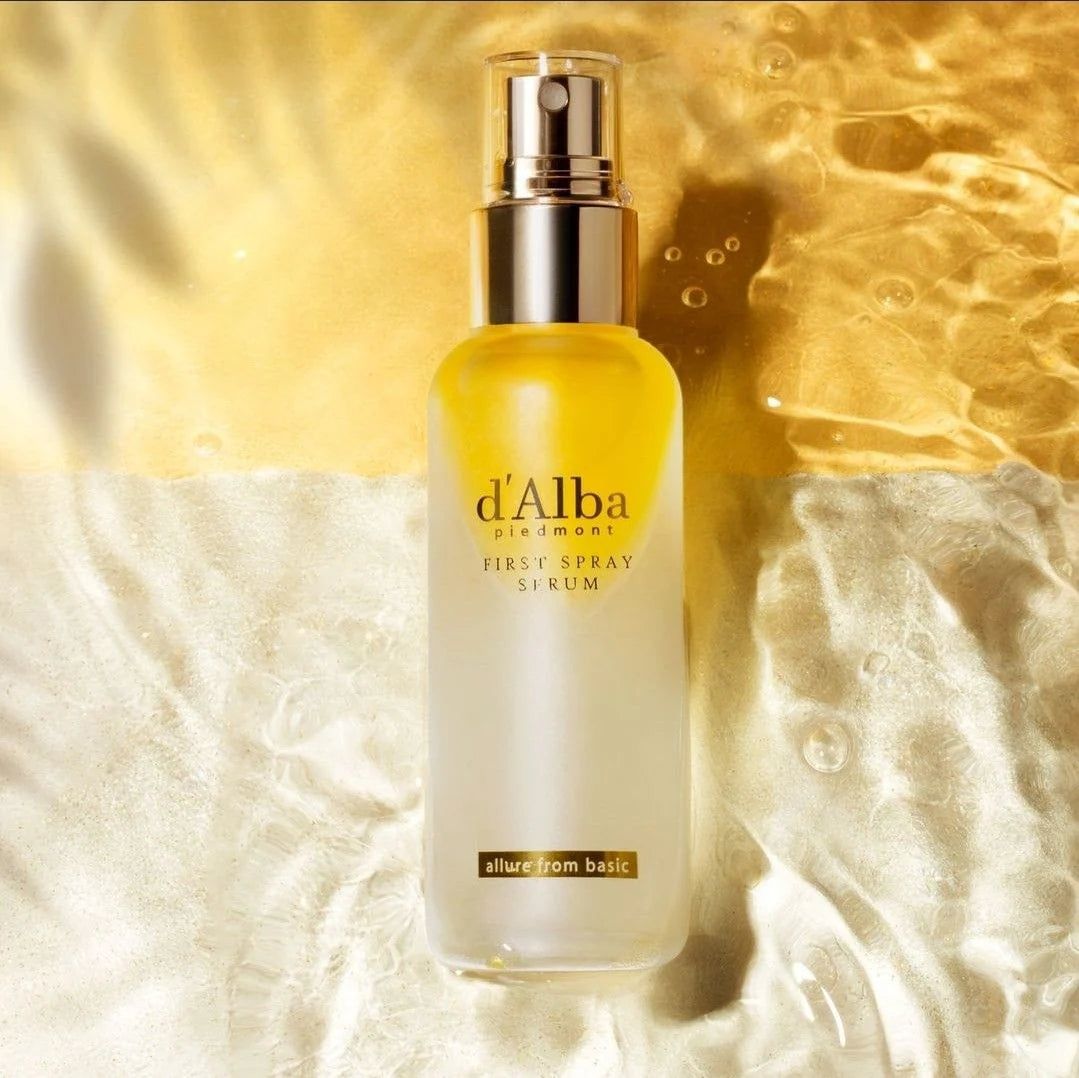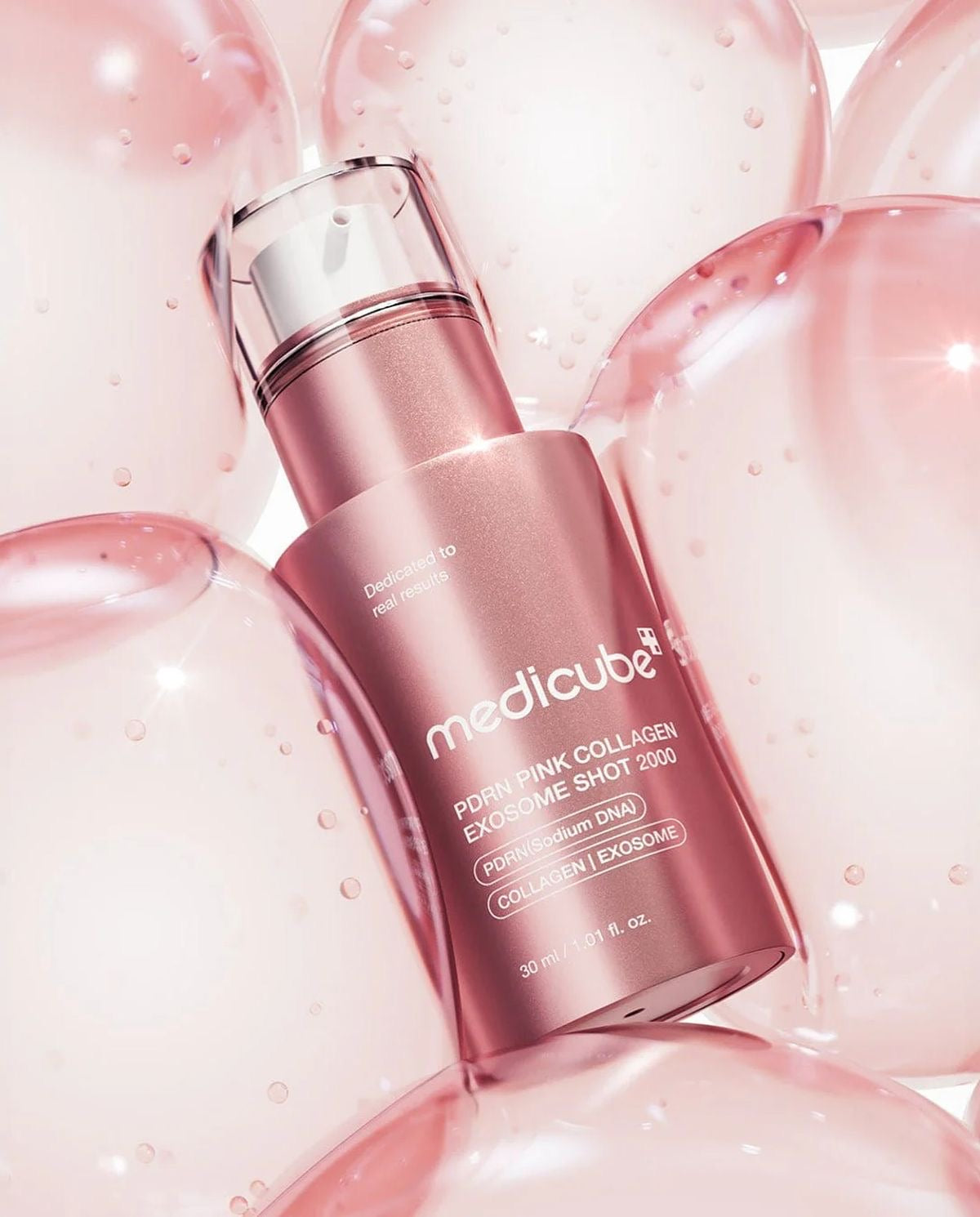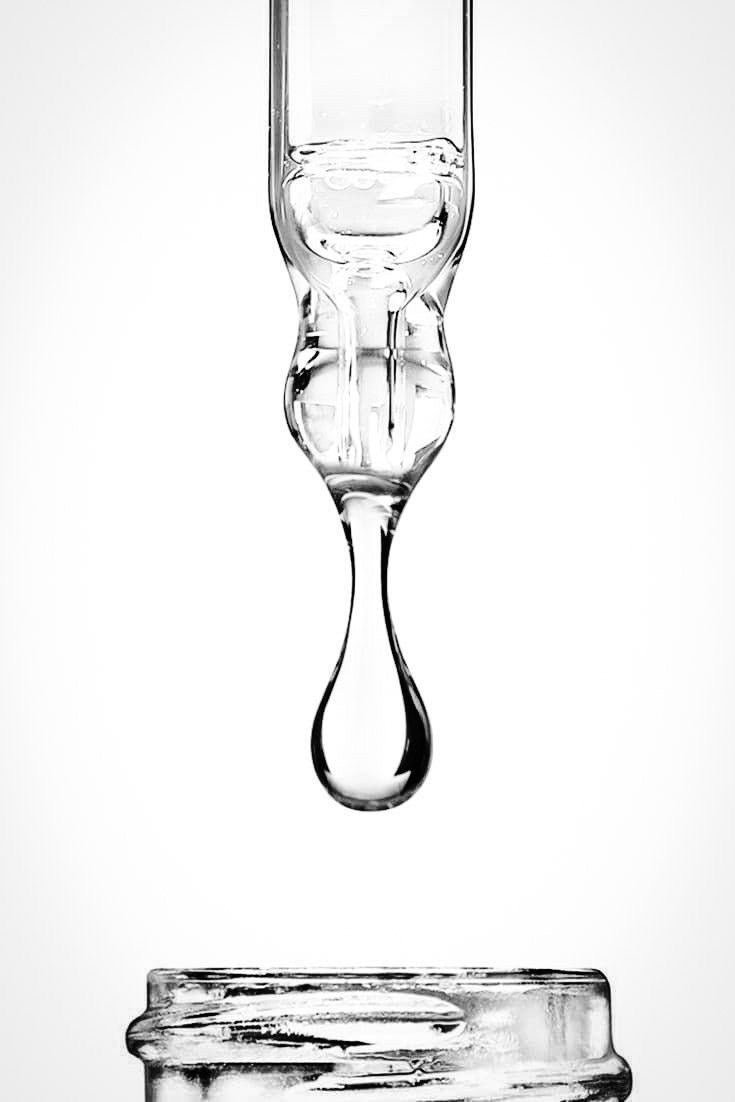The skin is the only organ on the outside of the body. It's a key organ that protects us.
Why is skin an organ?
The skin is considered an organ, as it fulfils a number of vital functions and is the first barrier for protection against the environment.


Skin is divided into 3 layers
Each is made up of different cells and structures. On the surface, there's the stratum corneum, which plays a fundamental role in separating the body from the outside environment, along with the epidermis. This is followed by the dermis, the middle layer, which accounts for most of the skin's total volume. This is the layer that "feels", as it contains the vast majority of sensory nerve endings enabling us to sense heat, cold, pressure and touch. Then the hypodermis, the deepest layer.
The main roles of skin
- Prevent dehydration of the body
- Protect against microbes
- Cushion shocks
- Breathe
- Eliminate toxins
- Maintain body temperature at 37°C
- Manufacture vitamin D thanks to UV rays
- Build up reserves of minerals, water, fats, etc.
Why does skin wrinkle?
The dermis contains hyaluronic acid, a substance in which collagen and elastin fibers are embedded, giving skin its smooth, plump appearance... when we're young! Over time, collagen and elastin production diminishes. Skin, which tends to dehydrate, becomes less elastic, less toned, and small furrows appear on its surface to form wrinkles and fine lines. That's why we've decided to offer a range of face and body care oils from Skin&Co and etc. Indeed, oils have the advantage of penetrating the skin's pores, unlike creams, which only moisturize the skin's surface.

We spoke earlier of the stratum corneum, which is essential for protecting the body from dehydration and enabling the skin to play its role as a barrier. This is where the oils come in!
Plant oils
Plant oils (orally and dermally) nourish dermal cells. It's the lipids (fatty acids, triglycerides) in the oils we consume in our diet that help our body build lipid cement. When applied to the skin, oils are a treasure trove. If drinking water is the key to hydration, there's nothing better than plant oils to deeply nourish the skin, prevent sagging and deepen wrinkles. It's important to remember that a cream moisturizes the upper layers of the epidermis, while an oil nourishes deep down.The difference with a cream, which remains on the surface, is the power of the active ingredients to penetrate the deeper layers of the epidermis. Organic oil provides the skin with nutrients that other skincare products cannot. In particular, natural plant oils act deep down in the skin's layers, facilitating the diffusion of active ingredients. Unlike an aqueous formula (cream, emulsion, etc.) made up of 60% to 70% water, the active ingredients will be more stable and powerful in an oil than in a milk or cream. With use, the skin becomes plumper as it is deeply nourished. It redensifies and the quality of the skin's texture is really improved. If you're looking to boost your skincare routine, oil is definitely the way to go!



